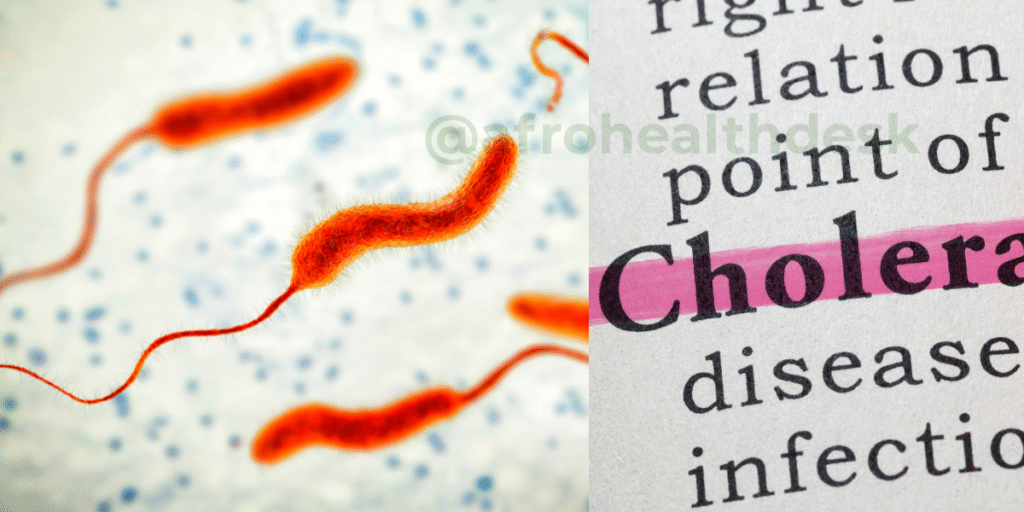Well, here’s something that should grab your attention: Nigeria’s dealing with a serious health situation right now, and it’s getting more complicated by the day.
Let me paint you a picture: 30 local government areas across nine Nigerian states are grappling with a cholera outbreak that’s already affected more than 1,100 people. And sadly, we’ve lost 30 precious lives. According to recent NCDC reports, states like Bayelsa, Lagos, Abia, and Zamfara are bearing the brunt of this crisis.
Why Should You Care? This isn’t just another health statistic. With the rainy season approaching, Dr. Jide Idris, NCDC’s Director-General, is particularly concerned. And he has a good reason to be. The rain could turn what’s already a serious situation into something much worse.
Look, we need to talk about why this is happening. Three main culprits are driving this outbreak:
- Inadequate sanitation (yes, it’s still a huge problem in 2025)
- Limited access to clean water
- Widespread open defecation
And you know what makes this especially troubling? These aren’t new problems — they’re persistent challenges that keep coming back to haunt us.
But wait, there’s more — and this is where it gets really worrisome. Nigeria isn’t just dealing with cholera. According to GTFCC’s latest assessment, we’re facing multiple health challenges:
- Lassa Fever:
- Still going strong in Edo, Ondo, and Bauchi
- The virus isn’t taking a break, even if cases are dropping
- Mpox (formerly Monkeypox):
- New cases in Lagos, Rivers, and FCT
- Spreading through close contact
- Cerebrospinal Meningitis:
- Hitting hard in Sokoto, Kebbi, and Yobe
- Young people particularly at risk
Now, here’s some good news — action is being taken. The NCDC isn’t sitting idle:
- Working with state governments
- Scaling up access to oral rehydration solutions
- Driving public hygiene awareness
- Partnering with international organizations
Here’s something crucial that Dr. Idris emphasized — and honestly, we need to talk about this more: antibiotic misuse. It’s becoming a “silent pandemic” that could make future treatments much harder. Not every illness needs antibiotics.
What Can You Do? Let’s get practical. Here are some real steps you can take:
- Immediate Actions:
- Wash hands frequently (sounds simple, but it works!)
- Treat water before drinking
- Keep food preparation areas clean
- Community Level:
- Report cases early
- Support local hygiene initiatives
- Share accurate health information
Will things get worse before they get better? Maybe. The rainy season’s coming, and that typically means more cases. But here’s the thing — we’re not helpless. Every person who takes precautions, every community that improves its sanitation, every parent who seeks early treatment — they’re all part of the solution.
What’s happening in your community? Have you noticed any changes in local health practices? Share your experiences below — because sometimes, the best solutions come from community conversations.
Remember: This isn’t just about avoiding disease — it’s about building healthier communities together. And right now, that matters more than ever.
Stay safe, stay informed, and most importantly — let’s look out for each other. Because when it comes to public health, we’re all in this together.

